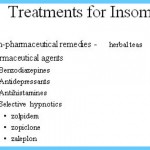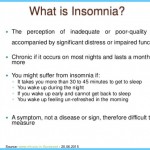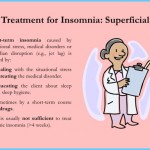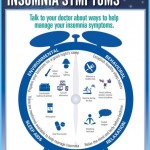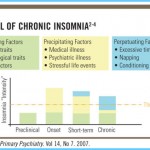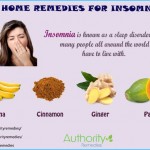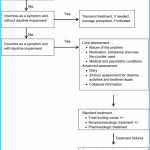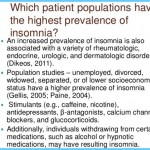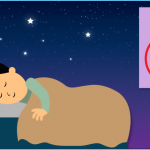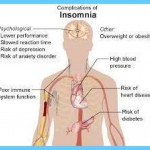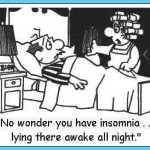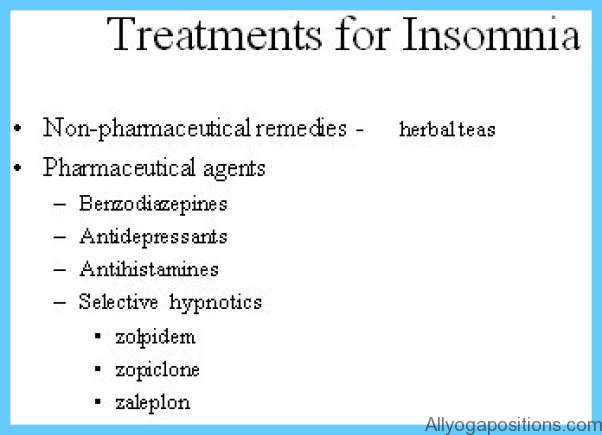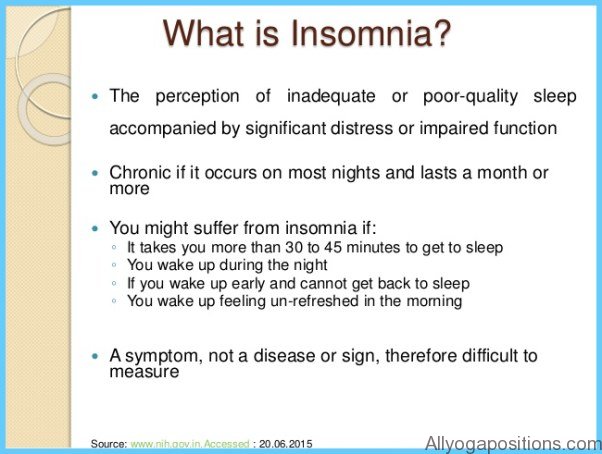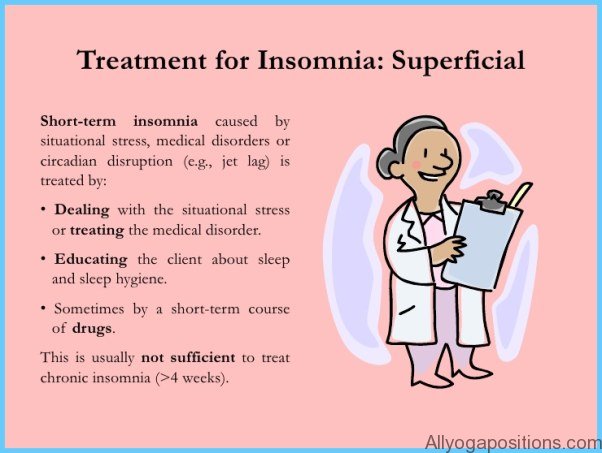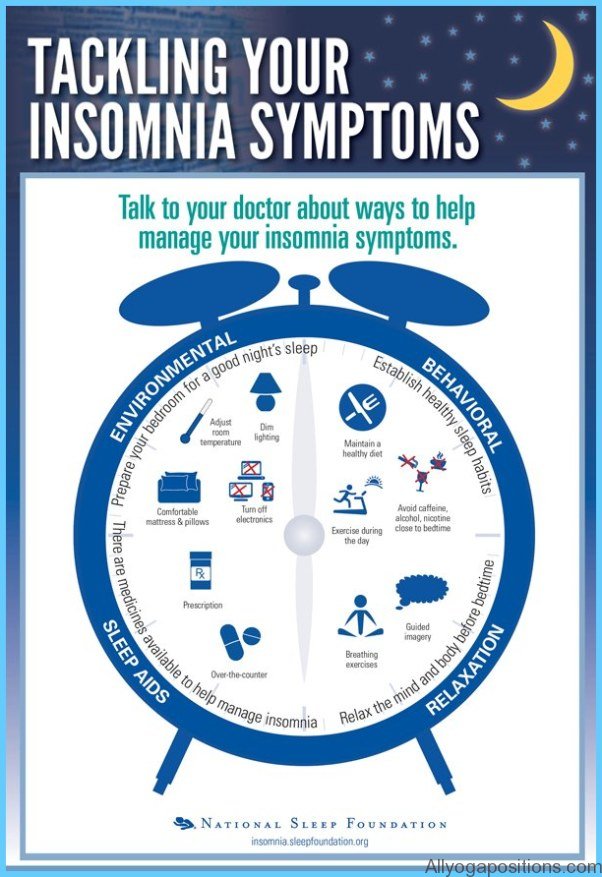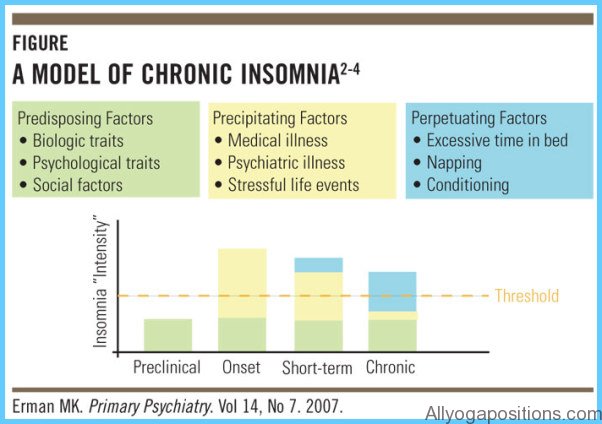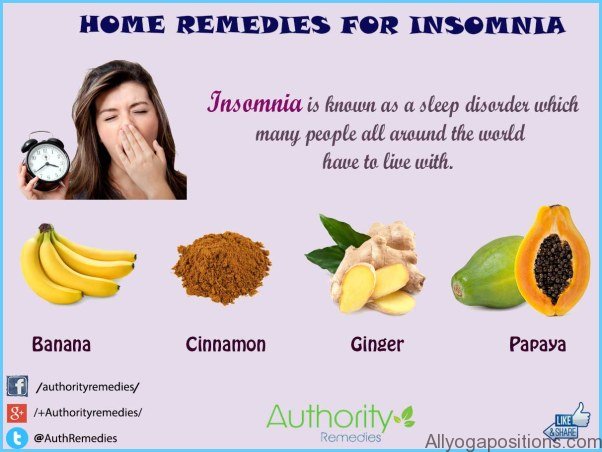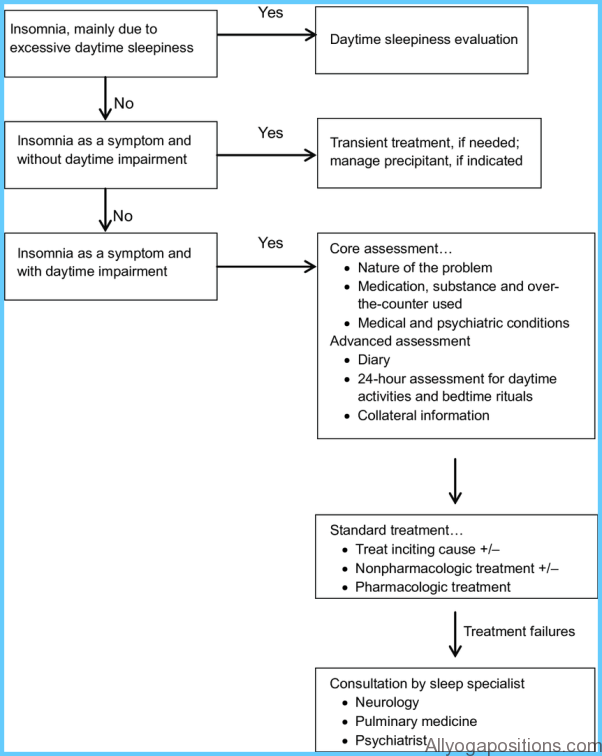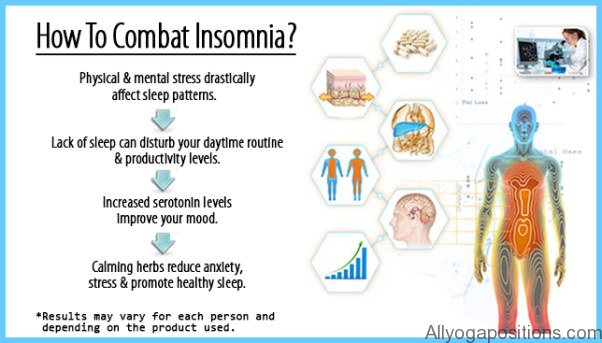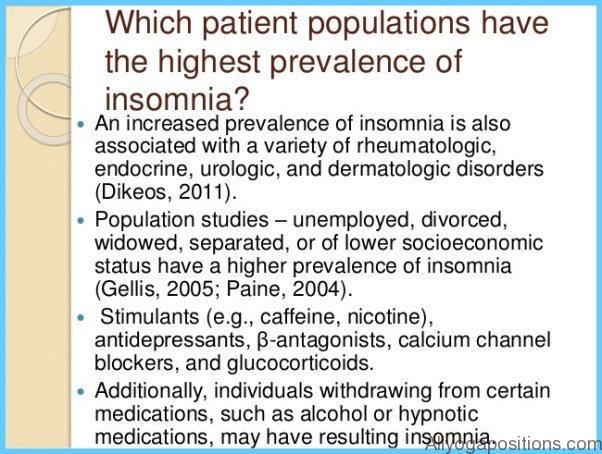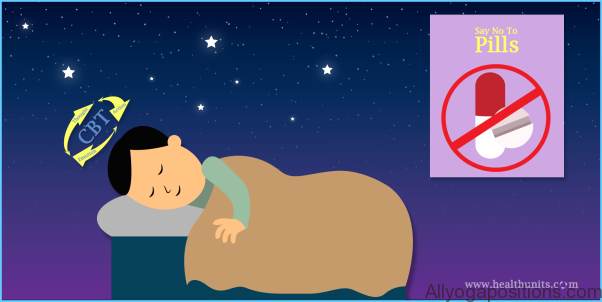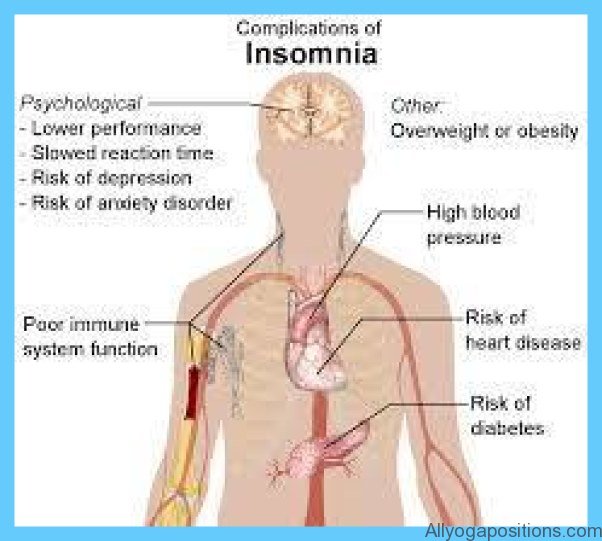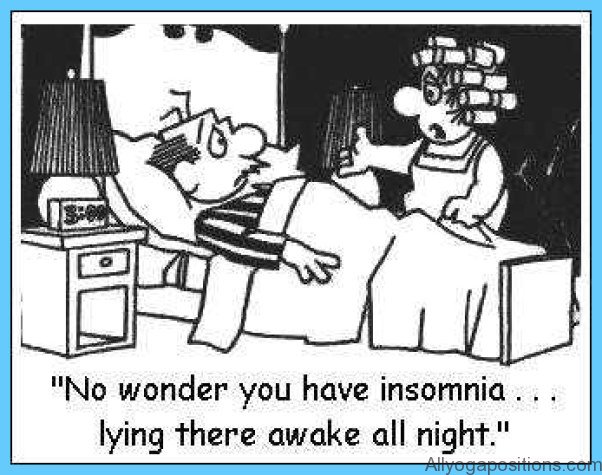Naturally, the treatment of insomnia depends on the underlying cause of the condition. Making simple lifestyle changes is often the best way to treat insomnia. Some recommendations for improving your sleep habits include the following:
1. Exercise Regular, moderate-intensity exercise is known to improve sleep quality. Take a brisk walk, do some gardening or join an exercise class. You’ll find it much easier to fall asleep naturally if you add some activity to your day. Just avoid exercise in the late evening before bedtime because it may overstimulate your body.
2. Change your diet Avoid big meals late at night and limit your use of alcohol and tobacco. Foods that are high in sugar or caffeine, such as coffee, tea and caffeinated beverages, should also be restricted. Some people find that their sleep improves
if they avoid eating spicy or high-fat foods in the evening. Limiting fluid intake may also reduce your need to go to the bathroom during the night, allowing you a more restful sleep. You’ll read much more about these and other nutritional approaches below.
3. Control your sleep environment Keep your bedroom dark and quiet, and make sure it is not too warm or cold. Use your bedroom mainly as a place to sleep and don’t use it for watching television, eating, exercising, working or other activities associated with wakefulness.
4. Establish a regular bedtime routine Go to bed at the same time each night. Even more important, you should try to get up at the same time in the morning, both during the week and on the weekends. Following a regular routine of brushing your teeth, washing your face, setting your alarm—even when you are away from home—will help you to set the mood for sleep in the evening. Avoid daytime naps that might interfere with your nighttime sleep schedule.
5. Relax Stress and worry play an important role in triggering symptoms of insomnia. Relax at bedtime by taking a warm bath, enjoying a cup of herbal tea or reading until you feel sleepy. And try to avoid worrying about daytime problems.
Some people find that alternative therapies, such as biofeedback, muscle relaxation, behavioral therapy or psychotherapy, may help them to achieve a more restful sleep.
If your insomnia can’t be managed using these basic techniques, your doctor may recommend medications to help you sleep. These drugs are called hypnotics, but you may hear them referred to as sedatives, barbiturates or tranquilizers. All hypnotics present a risk of overdose, addiction, tolerance and withdrawal symptoms. For this reason, your doctor will prescribe the lowest dose possible. You should use hypnotic drugs only a few times a week and only for a short time (two to four weeks) to avoid future problems.
If you are using hypnotic drugs and suddenly stop taking them you may experience a condition known as rebound insomnia. This insomnia is temporary but it can create a vicious cycle of drug use and insomnia symptoms if not properly managed. Hypnotic drugs should be discontinued gradually to avoid this problem.

